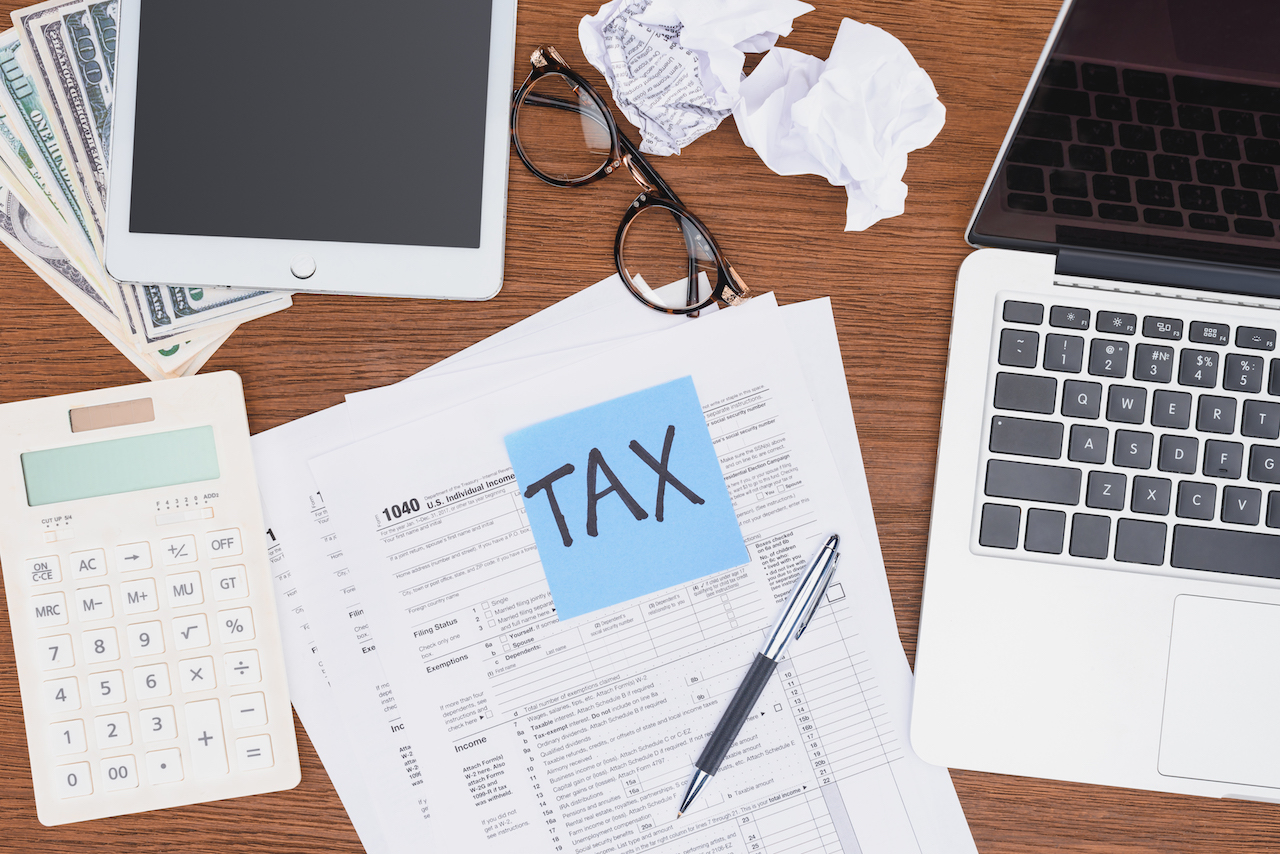If you run a business, whether you’re a freelancer, a self-employed contractor, or the managing director of a limited company or partnership, you need to keep detailed records for tax purposes.
These records might include all sales and incomes, all your business expenses, and if you’re self-employed, records of your personal income. If you employ people, you’ll have to keep PAYE records too. And if you’re registered for VAT, you’ll have to keep VAT records.
You can read more about the sort of records you need to keep, particularly if you’re self-employed, on the government’s website.

Why Do I Need to Keep These Records?
The main reason you need to keep these records is so that you can submit an accurate tax return. There’s no need to submit your records as part of your tax return. However, HMRC may decide to investigate your return. And if they do so, they will ask to see your records.
That’s why it’s important to keep accurate and up-to-date records. You can keep your records in the way that suits you best, whether that’s on paper, digitally, or using specialist software. There are no laws concerning how you keep your records. But it’s vital that you keep them, and that you keep hold of them!
But How Long Should I Keep Tax Records?
It depends on whether you send your tax return on or before the tax deadline, which is the January 31 following the end of the previous tax year. For example, the deadline for submitting your 2019-2020 tax return is 31 January 2021.
If you submit your return on or before this deadline, the government recommends you keep your tax records for at least 22 months following your return.
If you submit your tax return after the deadline, the government recommends you keep your tax records for at least 15 months following your return.
The Rules Are Different for Self-Employed Workers
If you’re self-employed, the government requires you to keep your records for at least five years following the 31 January deadline of each tax return.
If your tax records are lost, stolen or destroyed, when submitting your tax return you must tell HMRC that you’re using estimated or provisional figures. These might be your best guess at the true figures when you cannot supply the actual figures, or temporary estimates while you wait for actual figures. If you are waiting for actual figures, you’ll need to submit these to HMRC in addition to your estimated figures, once they’re available.
You can read more about the rules for self-employed workers.
Further Rules for Limited Companies
If you run a limited company, you must keep your records for at least six years following the end of the financial year they relate to.
But there are some instances where you may need to keep your records for longer. For example, if:
- Your records show a transaction that covers more than one of your accounting periods.
- You’ve bought something that you expect to last for more than six years, such as equipment, machinery or software.
- You’ve submitted your company tax return late.
- HMRC has started an investigation into your company tax return.
You can read more about the specific rules for limited companies.
Managing HMRC Investigations
As we said above, it’s in your best interests to keep your records, as you need to offer total transparency if HMRC ever targets you for an investigation.
You can read our complete guide to HMRC investigations. It explains why HMRC investigates small businesses and self-employed workers, while offering some tips for safeguarding yourself against investigations.
HMRC investigations can be immensely costly and time-consuming. Insurance can cover your legal expenses in the event of tax investigations. That way, no matter what happens, you’ll be able to continue trading, and you don’t need to worry about insolvency.
At Tapoly, we specialise in bespoke insurance packages specifically designed to meet the unique needs of self-employed workers. We offer legal expense insurance as an add-on to our self-employed professional indemnity insurance policies. You can get all the cover you need for as little as 35p a day, with no hidden fees.

